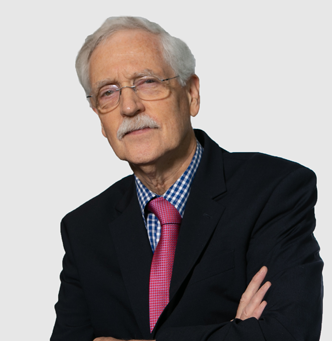It’s hard to pick a favorite story from among all the great news we covered this year. So we’re letting our readers pick. Below is the most-read story from 2019. It originally ran on Nov. 21.

|
A study by Robert H. Brown Jr., MD, DPhil, shows that a single transplantation of a bone marrow-derived mesenchymal stem cell treatment for amyotrophic lateral sclerosis (ALS) called NurOwn was safe and well tolerated by patients. The results were published in the journal Neurology. Developed by BrainStorm Cell Therapeutics Inc., NurOwn cell therapy is the furthest advanced autologous stem cell treatment in development for ALS. On Oct. 11, the company announced that the NurOwn Phase III clinical trial for ALS was fully enrolled.
ALS is a progressive neurodegenerative disease that affects neurons in the brain and the spinal cord. People with ALS slowly lose the ability to initiate and control muscle movement, which often leads to total paralysis and death within two to five years of diagnosis. While 10 percent of ALS is familial in origin because of a genetic defect, the other 90 percent of ALS cases are considered sporadic, or without a family history.
NurOwn, also known as MSC-NTF cells, are autologous bone marrow-derived mesenchymal stem cells (MSC) derived from the patient’s own bone barrow and induced in lab culture to secrete high levels of neurotrophic factors (NTFs) that support neuronal growth and survival. MSC-NTF cells combine MSC’s immunomodulatory therapeutic benefits with enhanced neurotrophic factor secretion in an effort to protect and save the patient’s own nerve cells.
“The entire investigative team working on the study is highly encouraged by the promising clinical results,” said Dr. Brown, the Leo P. and Theresa M. LaChance Chair in Medical Research, and professor of neurology. “In addition, we observed a clear biological effect of the treatment on CSF biomarkers to support its proposed mechanism of action in ALS.”
The Phase II clinical trial enrolled 48 participants randomized at three investigative sites: Massachusetts General Hospital, the Mayo Clinic and UMass Medical School. Participants received one dose of MSC-NTF cells or placebo and were followed for six months. The objective of the randomized placebo-controlled Phase II clinical trial was to determine the safety and efficacy of a single transplantation of autologous bone-marrow derived MSC-NTF cells in participants with ALS.
Central spinal fluid was collected prior to and two weeks post-transplantation and confirmed that a single transplantation of NurOwn cells was safe and well tolerated. The rate of ALS disease progression was stabilized for up to 12 to 16 weeks following a single transplantation in a prespecified group of patients with a rapidly progressing form of the disease.